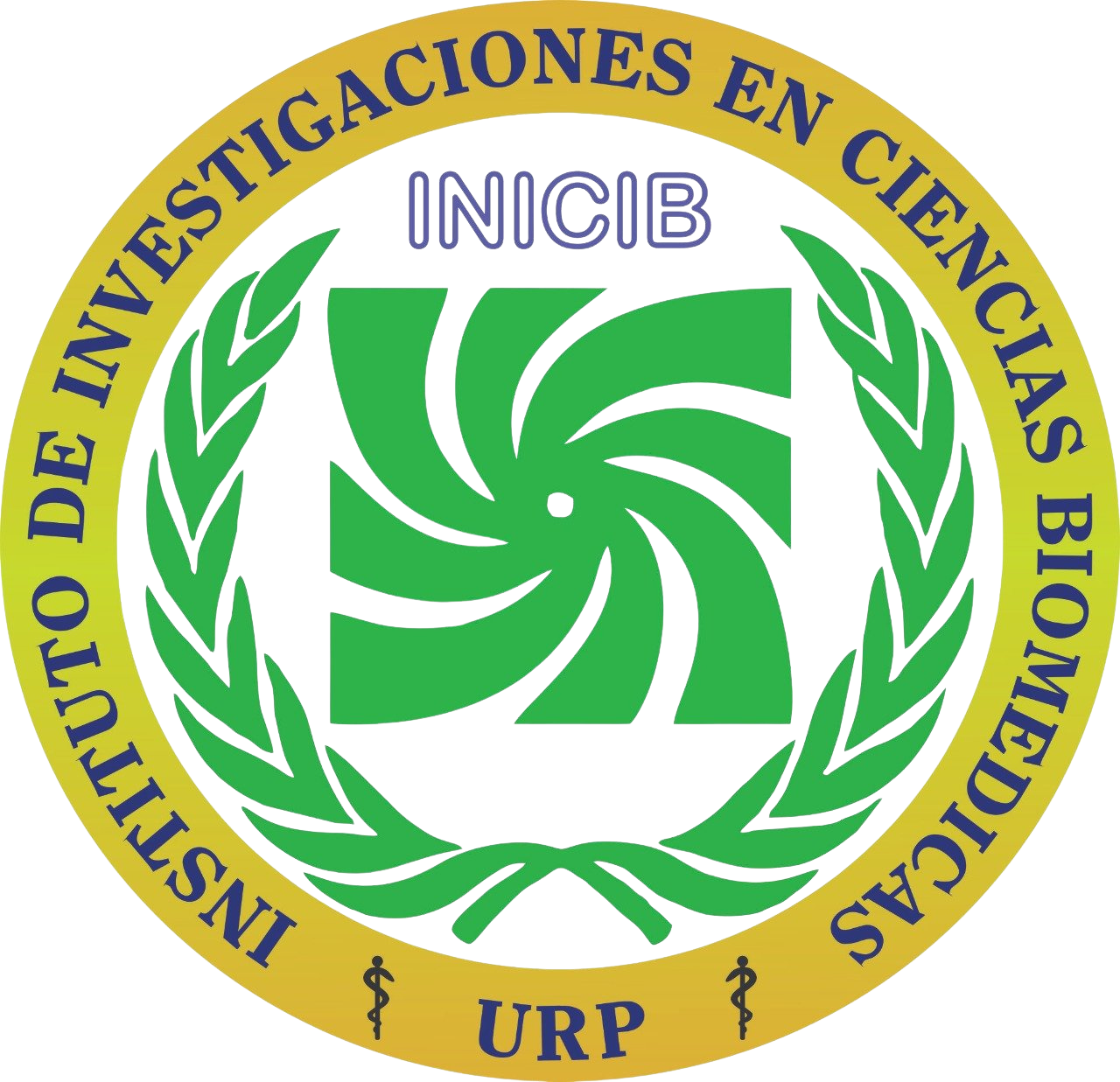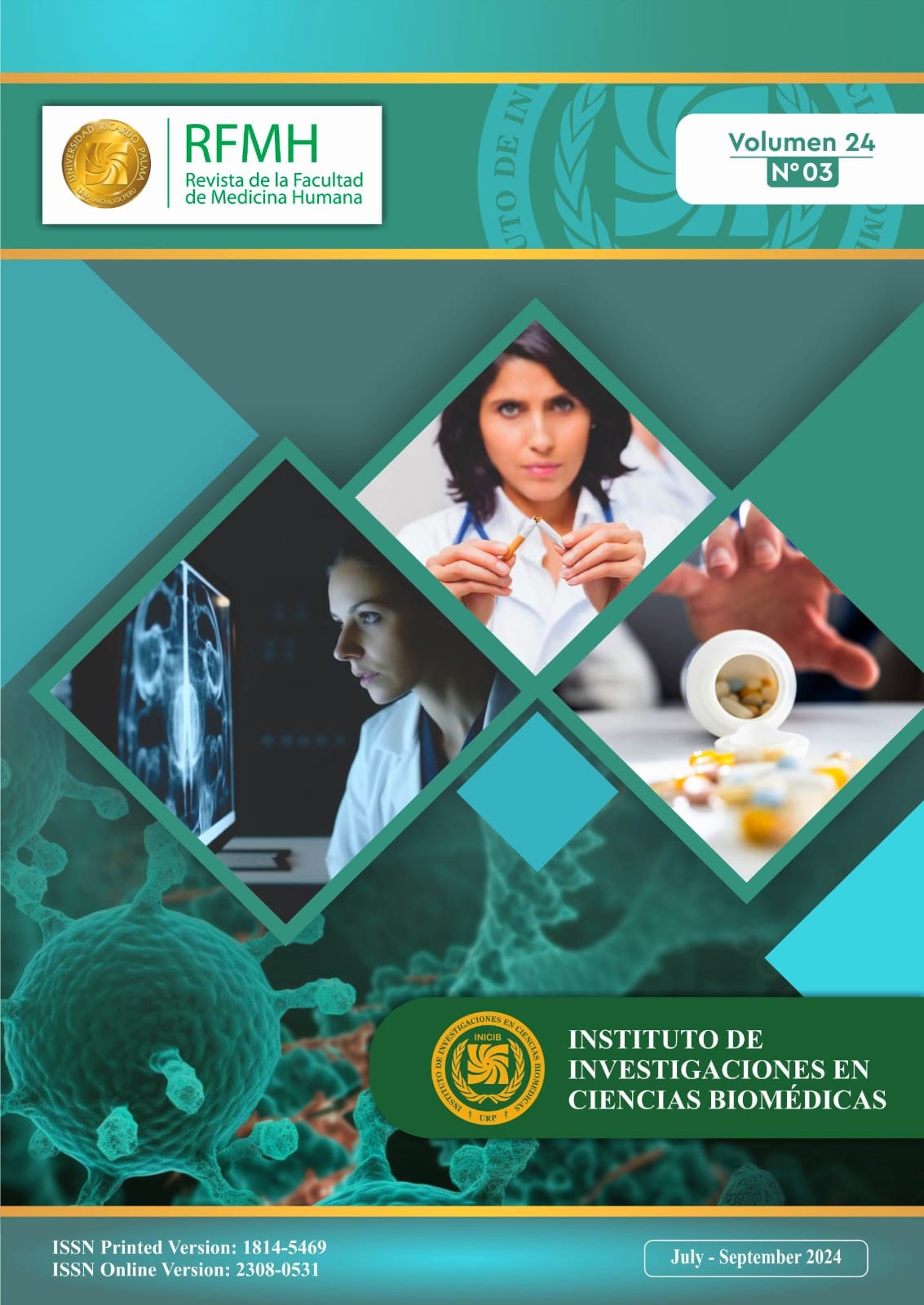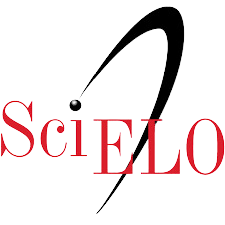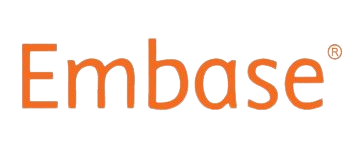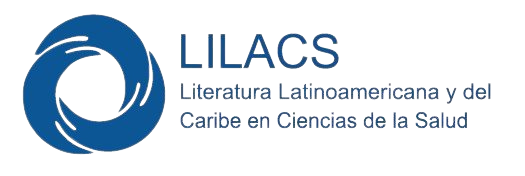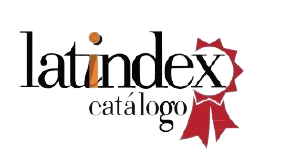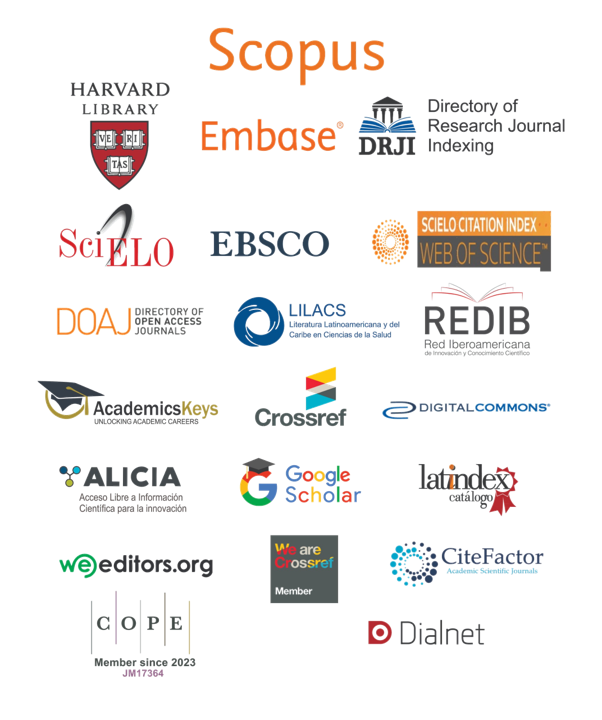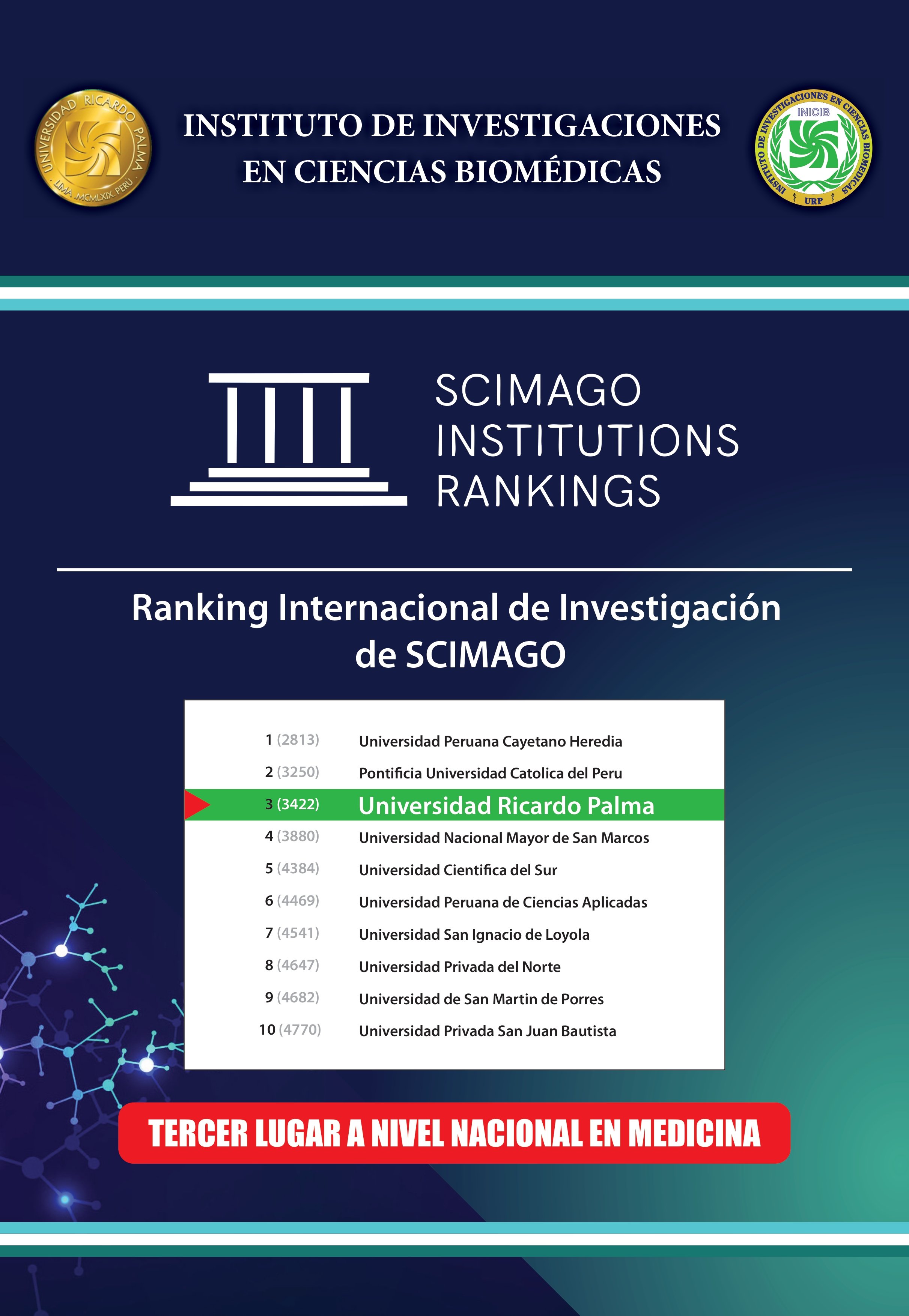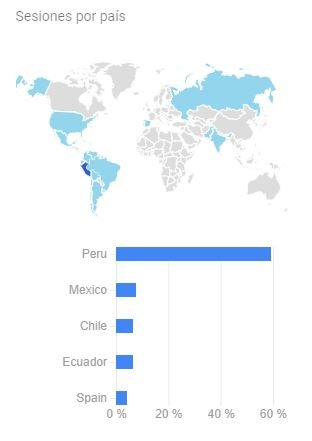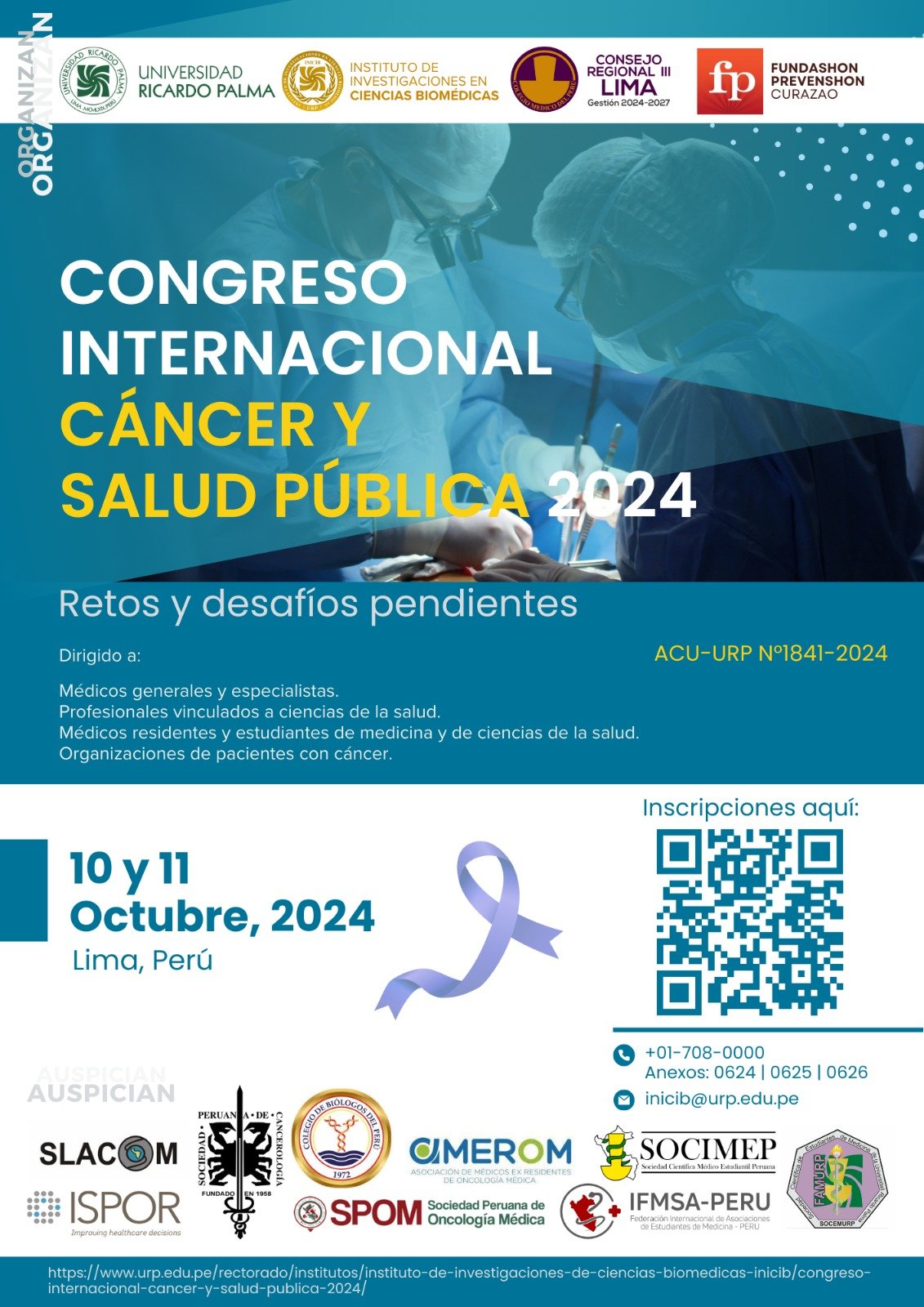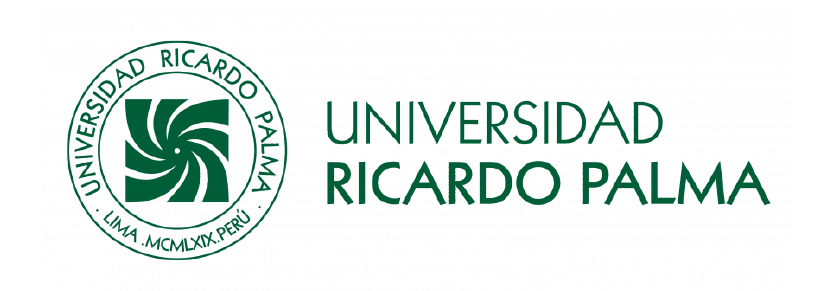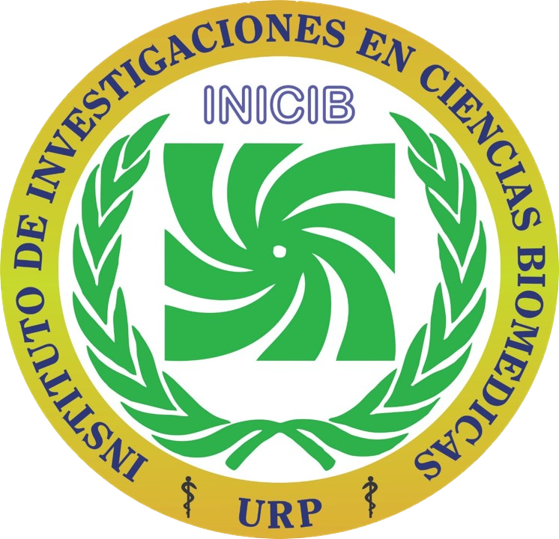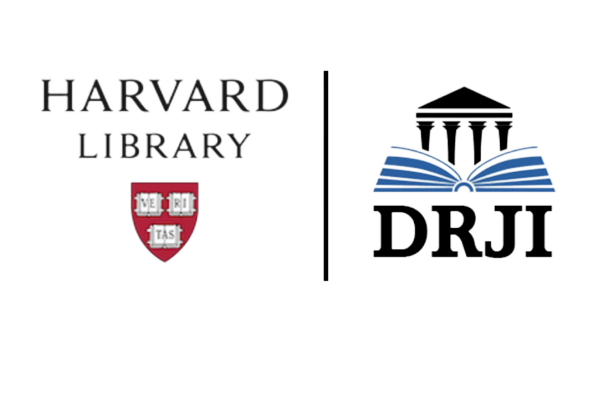Effectiveness of joint mobilization and low-power laser against joint mobilization in people with temporomandibular disorders in a hospital from Lima-Peru
Efectividad de la movilización articular y laser de baja potencia frente a la movilización articular en personas con trastornos temporomandibulares en un hospital de Lima-Perú
DOI:
https://doi.org/10.25176/RFMH.v20i3.2710Keywords:
Temporomandibular joint, Temporomandibular Joint Disorders, Laser TherapyAbstract
Introduction: Temporomandibular Disorders (TMD) are a major health problemin Peru. Objective: To determine the effectiveness of joint mobilization andlow-power laser against joint mobilization in people with TMD, treated in ahospital located in Lima-Peru. Methods: Longitudinal study with a quantitativeapproach, with a non-probabilistic sampling of 197 participants diagnosed withtemporomandibular disorders of both sexes, between 18 and 72 years old(median: 54, IR: 45-60), treated at the Hospital of the Hospital Central de lasFuerzas Aéreas del Perú. We took two groups of treatment into consideration:joint mobilization plus low-power laser (JMLPL) and only joint mobilization (JM).The outcomes were maximal unassisted mouth opening capacity (MUMO), painat MUMO, and psychosocial aspects (depressive, anxious and somaticsymptoms), evaluated at 2, 4 and 8 weeks, where nonparametric statistics wasused. Results: Improvement was found in all outcomes measured in bothgroups (p<0.05) with the exception of depression. JMLPL was better than JMregarding pain at MUMO, MUMO only at 2 weeks, anxiety at 4 and 8 weeks andsomatization only at 8 weeks. Conclusion: Improvements were found inreduction of pain at MUMO, MUMO and in the indexes of psychosocial aspectsin both groups. JMLPL was better than only JM regarding pain at MUMO,MUMO only at 2 weeks, anxiety at 4 and 8 weeks, and somatization at 8 weeks.
Downloads

Downloads
Published
How to Cite
Issue
Section
License
Copyright (c) 2020 Revista de la Facultad de Medicina Humana

This work is licensed under a Creative Commons Attribution 4.0 International License.


